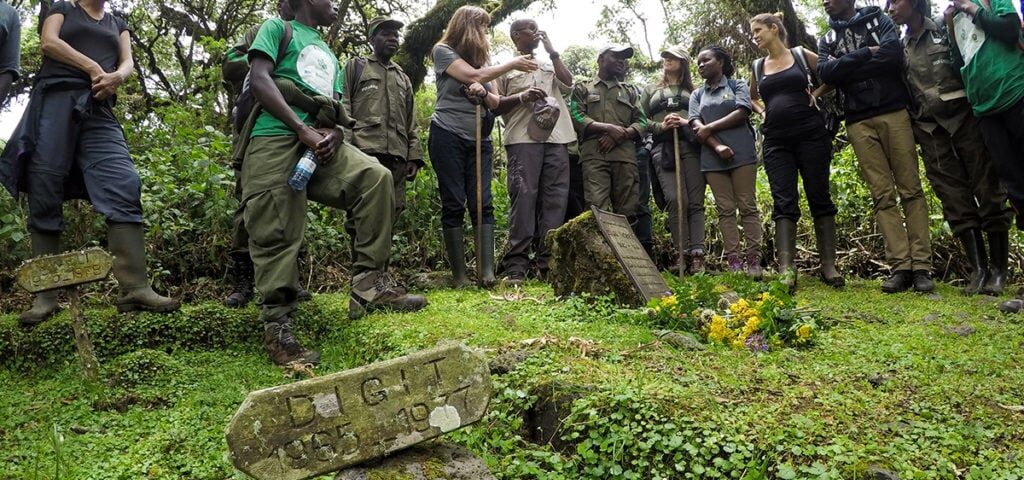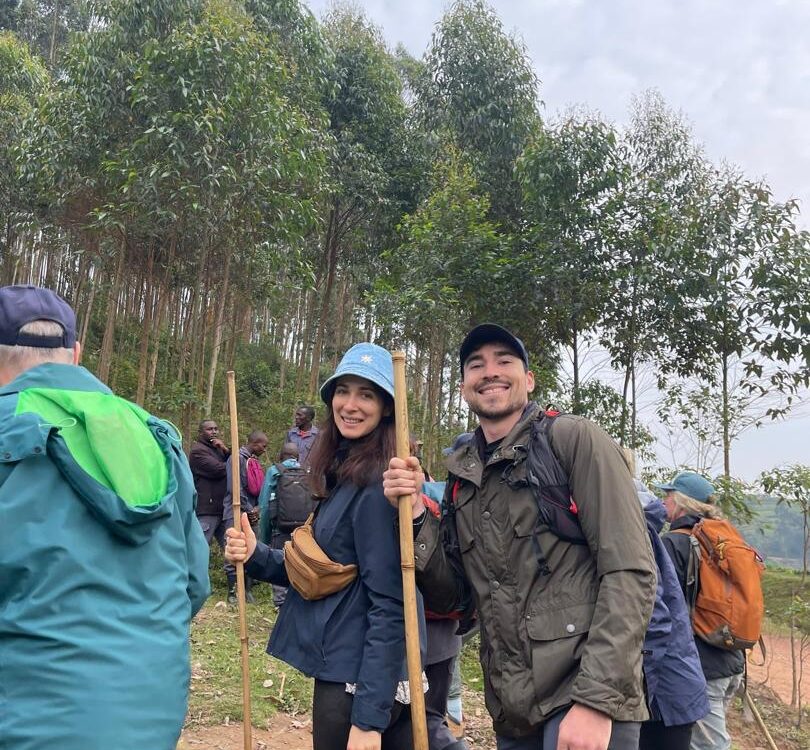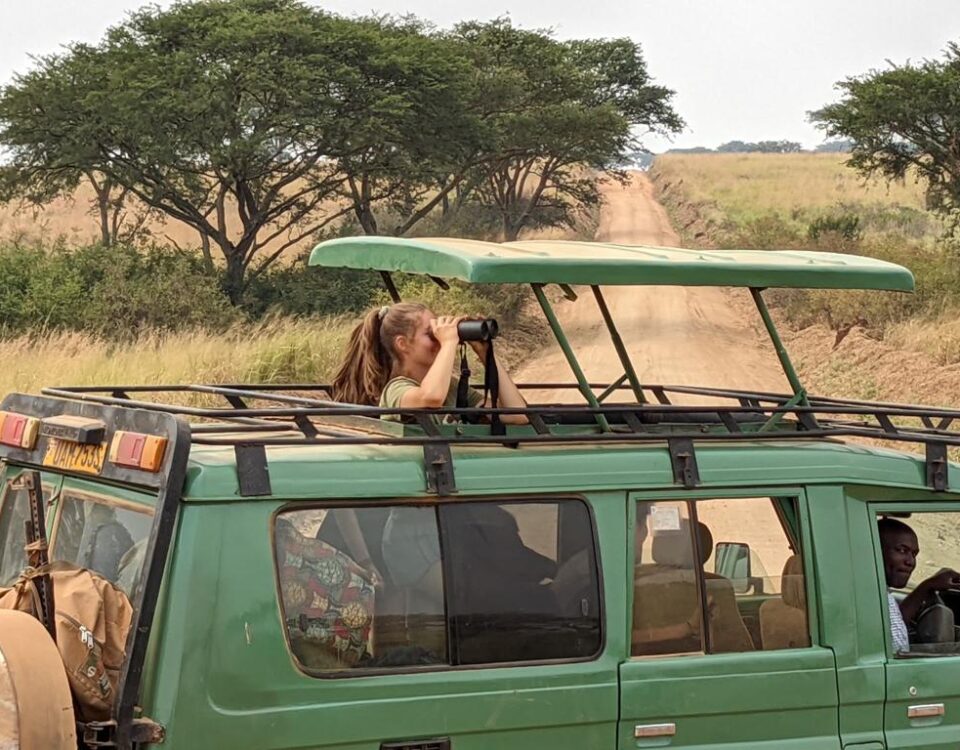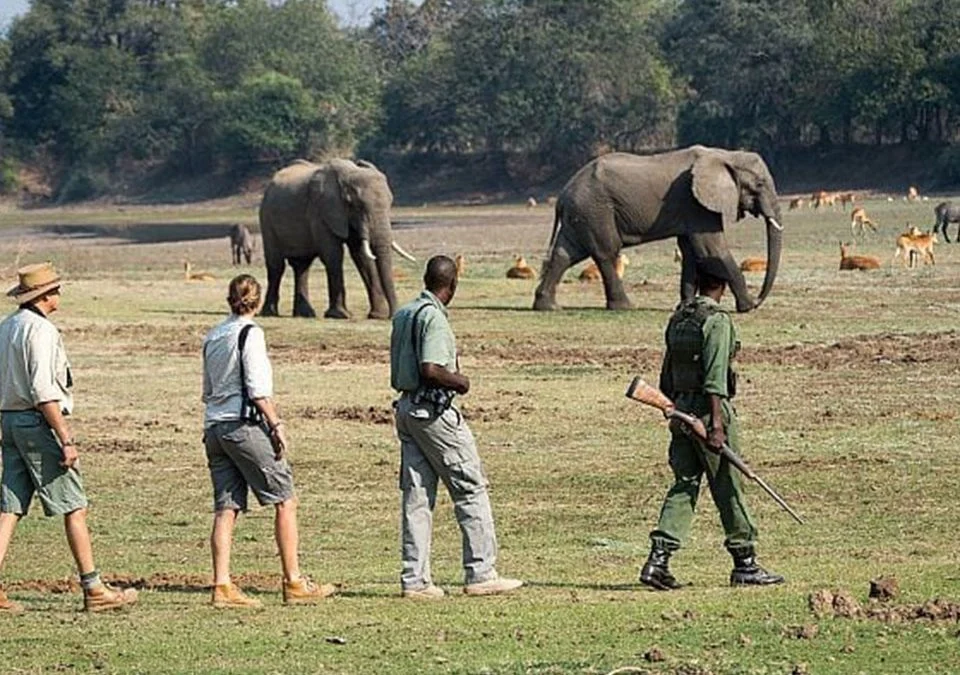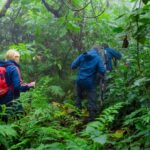
Can I Use a Tripod During Rwanda Gorilla Trekking?
May 20, 2025
Can Pregnant Women Do Rwanda Gorilla Trekking?
May 20, 2025How Are Health Emergencies Handled in the Park?
When planning an immersive Gorilla Trekking adventure, Chimpanzee Tracking excursion, or any Wildlife Safari in East Africa, it’s crucial to prioritize your health and safety. At Tubale Safaris, we deeply understand the importance of addressing medical concerns, especially for travelers venturing into remote forested regions like Volcanoes National Park in Rwanda or Bwindi Impenetrable Forest in Uganda. In this guide, we answer one of the most frequently asked questions: How are health emergencies handled in the park? This article provides a detailed overview of health preparedness within national parks and emphasizes how Gorilla Trekking Rwanda and Uganda Gorilla Trekking remain safe, well-managed, and suitable for adventurers from all walks of life.
Health and Safety Preparedness During Gorilla Trekking Safaris
Medical Measures in Place for Your Peace of Mind
When engaging in Gorilla trekking safaris or a full-scale Rwanda Safari or Uganda Safari, your health is protected through a combination of local expertise, national policies, and on-ground safety measures. Most national parks in Rwanda and Uganda are equipped with trained rangers, guides, and support staff who are well-versed in handling medical emergencies. For Gorilla Trekking Rwanda, Volcanoes National Park has standby first-aid personnel at the park headquarters and on-site during treks. Before setting off for Gorilla Trekking, all trekkers are briefed about safety precautions, what to carry, and how to report any health concerns.
Porters and rangers accompany trekkers, and their role extends beyond carrying luggage—they can also assist in emergencies. Should a trekker feel unwell during a Gorilla Trekking safari, there are designated evacuation points in the forest where stretchers can be used to safely transport individuals back to base. Park management coordinates with local clinics or regional hospitals to ensure fast and appropriate medical attention. Similar systems are in place for Chimpanzee Tracking in Nyungwe Forest (Rwanda) and Kibale Forest National Park (Uganda).
Additionally, if travelers have pre-existing conditions, it’s advised they communicate this to Tubale Safaris in advance. This allows us to customize the Gorilla trekking experience to suit your needs. Health emergencies, though rare, are efficiently and professionally managed within the parks.
Medical Infrastructure Near Gorilla Trekking Destinations
Access to Emergency Healthcare in Rwanda and Uganda
One of the essential concerns for travelers on Gorilla tours is how far medical services are from the parks. Fortunately, Rwanda and Uganda have made impressive progress in improving healthcare access near major Gorilla Trekking and wildlife safari destinations. In Rwanda, for example, Musanze District—located near Volcanoes National Park—is home to several health centers and referral hospitals. During your Gorilla Trekking Rwanda tour, if a health emergency arises, transportation to these facilities is arranged without delay.
In Uganda, Bwindi Impenetrable National Park is surrounded by mission hospitals and health centers in Kisoro, Kanungu, and Kabale districts. For clients embarking on a Uganda Gorilla Trekking adventure, Tubale Safaris always has local contingency plans that involve partnering with clinics equipped to handle most conditions. We also recommend comprehensive travel insurance with medical evacuation coverage, especially for visitors combining Uganda Gorilla Trekking with other safari experiences in remote regions.
Moreover, certain high-end lodges and safari camps have access to flying doctor services and standby vehicles. These facilities ensure that even in the most remote corners of your Uganda Safari or Rwanda Tour, health emergencies are swiftly addressed. The same systems are functional in areas offering Gorilla habituation experiences and Chimpanzee tracking safaris.
Prevention and Precaution: Staying Safe on Safari
Your Role in Reducing Health Risks During Gorilla Tours
Preventive care plays a huge role in ensuring your Gorilla Trekking, Chimpanzee Tracking, or wildlife safari is a safe and enriching experience. At Tubale Safaris, we advise our guests to take specific health precautions before and during the trip. First, consult with a travel doctor about required and recommended vaccinations for East Africa, such as Yellow Fever, Hepatitis A and B, Typhoid, and Tetanus. Anti-malarial medication is also essential, especially when planning Gorilla trekking safaris in tropical forest regions.
During Gorilla Trekking Rwanda or Uganda Gorilla Trekking, it’s crucial to stay hydrated, wear appropriate trekking gear, and avoid strenuous activity beyond your fitness level. For those participating in the longer Gorilla habituation experience—which can take up to four hours in the forest—a moderate to high fitness level is recommended. Tubale Safaris offers pre-tour consultations to evaluate fitness readiness and help tailor your itinerary accordingly.
A standard medical kit is advised for all Gorilla tours, including antihistamines, painkillers, anti-diarrheal medication, and any personal prescriptions. We always recommend travelers disclose any allergies or medical conditions to their tour consultant. This way, we can arrange for porters or guides to be specifically trained to support you.
By taking proactive steps and traveling with a well-prepared safari company like Tubale Safaris, you significantly minimize the risk of health emergencies during your Rwanda Safari or Uganda Safari.
Combining Gorilla Trekking Rwanda with Uganda Gorilla Trekking and Other Safari Experiences
A Multi-Destination Adventure with Health Safety in Mind
Many adventurers choose to combine their Gorilla Trekking Rwanda experience with Uganda Gorilla Trekking, Chimpanzee Tracking in Kibale, or even classic wildlife safaris in Queen Elizabeth or Murchison Falls National Park. Tubale Safaris specializes in crafting such cross-border journeys with a firm focus on traveler wellness and safety.
When combining Gorilla Trekking in Volcanoes National Park with a Uganda Safari, travelers get the chance to experience different terrain, gorilla families, and varying levels of trekking difficulty. Gorilla habituation in Uganda’s Bwindi Forest is especially rewarding for those interested in spending extended time with gorillas. These multi-day gorilla trekking safaris are supported with comprehensive health protocols, both en route and at each park.
We ensure that emergency response systems are coordinated across borders through our local contacts and trusted medical partners. Whether you’re traveling for Gorilla Trekking, Chimpanzee Tracking, or a scenic wildlife safari in Lake Mburo, rest assured that medical contingencies are part of the planning process.
In addition to safaris, travelers can immerse themselves in cultural experiences like visiting Batwa pygmy communities in Uganda or exploring Rwandan cultural villages near Musanze. These cultural tours offer a deeper understanding of local traditions while remaining close to health facilities and park headquarters for your safety.
Cultural Experiences and Wellness Awareness in Gorilla Trekking Safaris
How Local Culture Enhances and Supports Health Safety Measures
As you venture deep into Rwanda or Uganda’s wilderness for Gorilla trekking safaris, it’s also a perfect opportunity to explore rich cultural traditions. In Rwanda, cultural experiences such as Intore dance performances, visits to Iby’iwacu Cultural Village, and local banana beer brewing sessions allow visitors to interact meaningfully with communities near Volcanoes National Park. These experiences are safely conducted with community health in mind and often supported by park staff trained in both culture and safety.
Similarly, Uganda Gorilla Trekking tours offer a chance to engage with the Batwa community, a forest-dwelling people who share incredible ancestral knowledge of gorillas, medicinal plants, and survival skills. These interactions promote not only cultural preservation but also awareness about health, hygiene, and environmental sustainability—key components in minimizing health risks for travelers and locals alike.
Tubale Safaris works with community leaders and guides who are trained to recognize signs of illness or fatigue in guests and act promptly. In many cases, local knowledge has been invaluable in responding to minor health concerns quickly before they escalate.
Therefore, when asking “How are health emergencies handled in the park?”, know that the answer is multifaceted—incorporating local expertise, park resources, community engagement, and safari company planning. With our unwavering commitment to safety and sustainability, your Gorilla trekking safari becomes more than an adventure—it’s a secure and transformative journey into the heart of East Africa.
Conclusion: Peace of Mind with Tubale Safaris
How Are Health Emergencies Handled in the Park? – Final Thoughts
To conclude, Tubale Safaris guarantees that all travelers—whether embarking on a Rwanda Tour, Uganda Safari, Gorilla Trekking Rwanda experience, or Gorilla habituation adventure—are protected by robust health emergency protocols in and around national parks. From the moment you begin your Gorilla Trekking safari to the final day of your wildlife safari, our professional team ensures health risks are minimized through strategic planning, local collaboration, and 24/7 emergency response readiness.
Your safety is our top priority, and we leave nothing to chance. When you book with Tubale Safaris, you’re choosing a partner who understands every element of Gorilla Trekking and Chimpanzee Tracking, from cultural immersion to medical security.
So, if you’ve ever asked, “How are health emergencies handled in the park?”, now you know the depth of preparedness behind every Gorilla Trekking and Uganda Safari experience. Trust Tubale Safaris to deliver not just a remarkable wildlife safari but a worry-free and enriching adventure that prioritizes your wellbeing at every turn.

